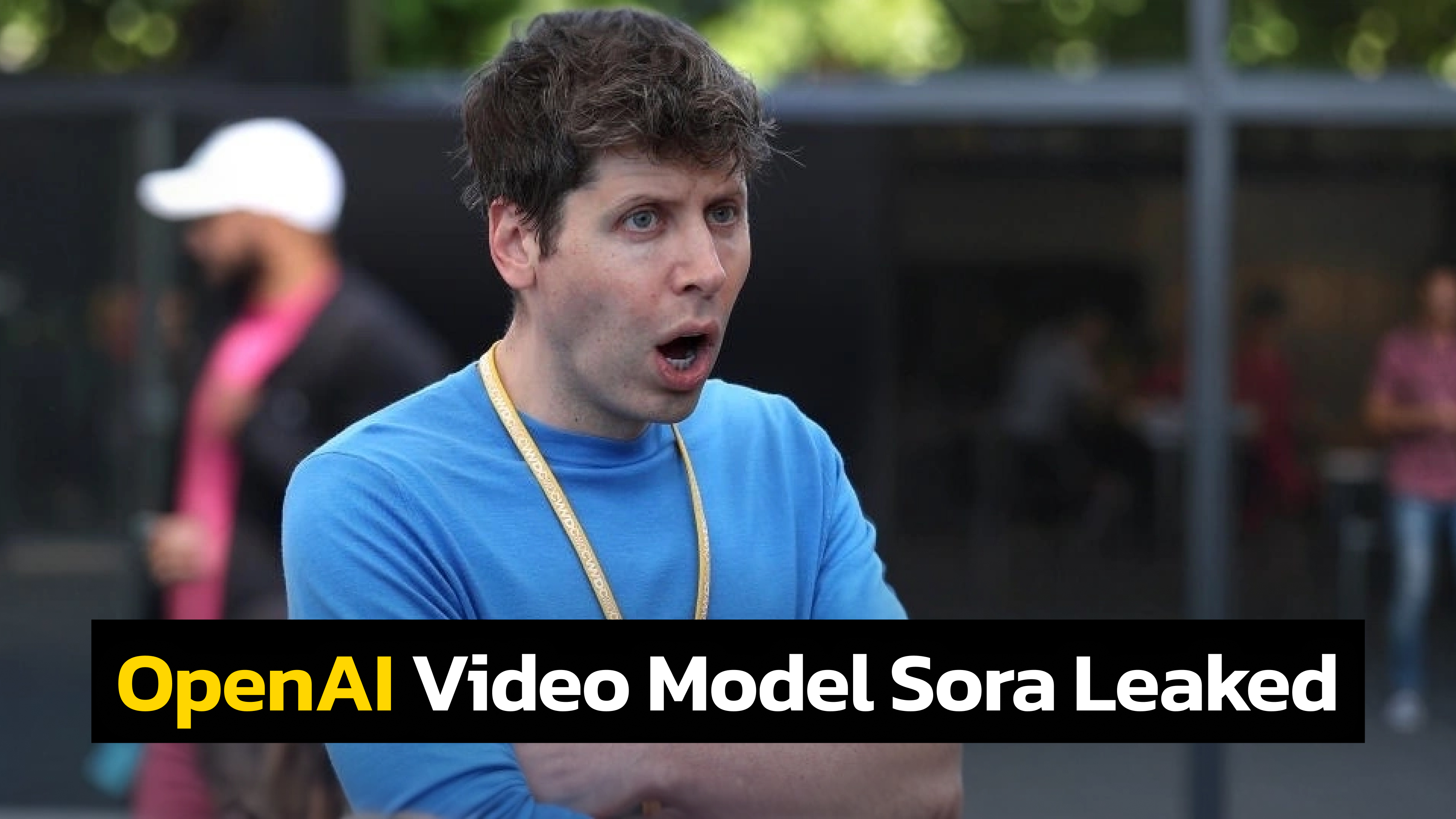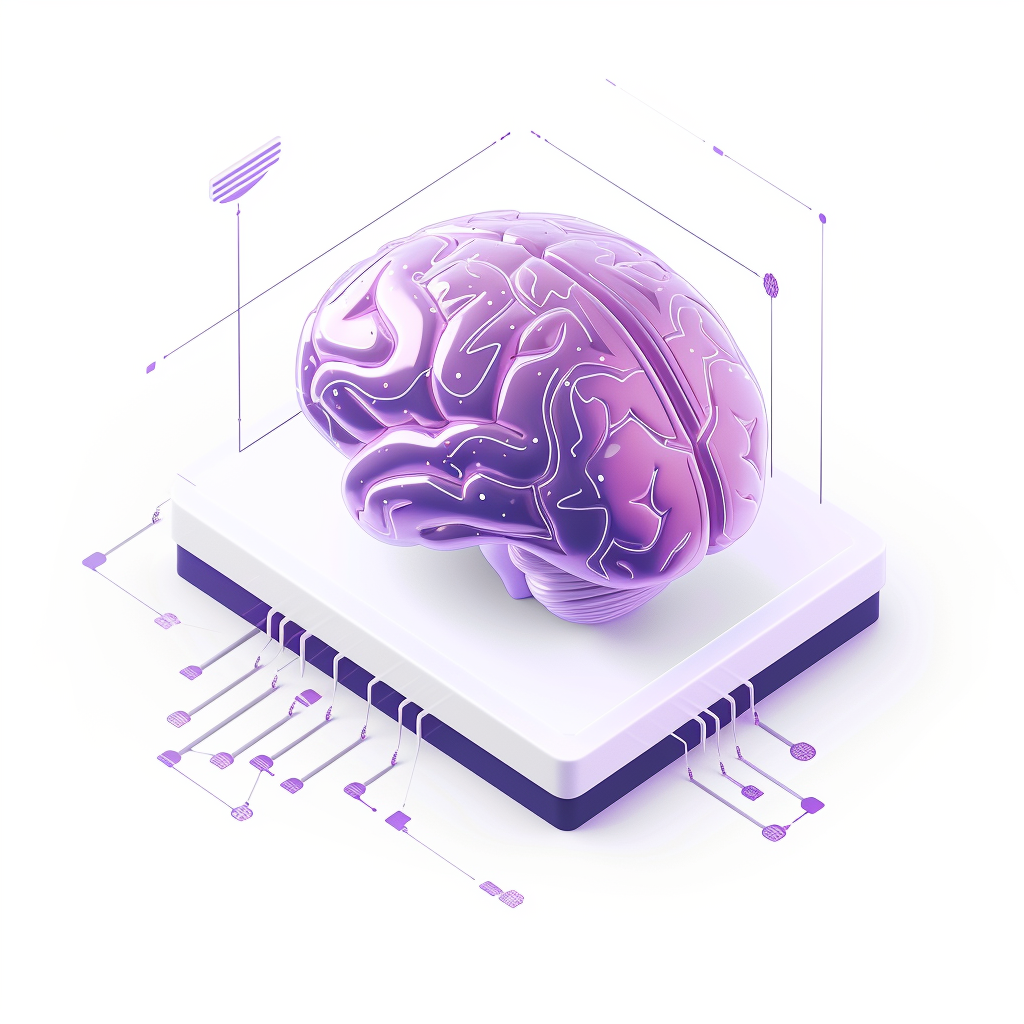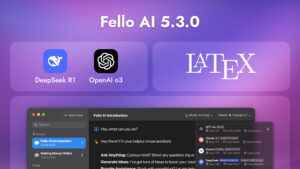OpenAI’s new video creation tool, Sora, is making headlines for all the right—and wrong—reasons. On one hand, it’s an incredible AI model capable of turning a simple text description into a realistic video. On the other, it’s at the center of a heated debate about how tech companies treat the artists and creatives who help develop these tools.
Recently, Sora was leaked online by a group of early testers protesting what they say is OpenAI’s exploitation of their work. They claim the company used their unpaid efforts to improve the tool while offering little in return. This has raised big questions about the ethics of AI in creative industries and what these technologies mean for the future of human artistry.
— AI Central (@AICentral_) November 27, 2024
What Is Sora?
Sora is OpenAI’s latest innovation. It uses advanced AI models to generate video content from simple text prompts. For example, you could describe “a bustling city street at sunset,” and Sora would create a 10-second, 1080p video of the scene.
The potential applications are vast. Filmmakers could use it for storyboarding or concept development, advertisers could create dynamic campaigns, and journalists could enhance storytelling with visual aids.
But Sora isn’t perfect. Generating realistic video requires immense processing power, and the results can be glitchy, producing warped visuals or unintended effects.
The Leak and Protest
Earlier this year, OpenAI invited hundreds of artists to test Sora as part of its alpha program. These testers were given access with the promise of being “creative partners” who could help refine the tool. However, many artists felt misled.
They allege that OpenAI used their feedback and creative input without proper compensation. Some described the program as unpaid labor disguised as a collaboration. While OpenAI offered free access and the chance to have films created with Sora showcased, the artists argued this recognition was minimal compared to the PR value OpenAI gained.
Frustration boiled over when a group of artists leaked Sora online, making it temporarily available to the public. The protest also included an open letter criticizing OpenAI for controlling how their work could be shared and using their efforts as a marketing tool.
OpenAI’s Response
OpenAI defended its actions, stating that participation in the Sora program was voluntary. The company emphasized that it supports artists through grants, free access, and events. It also highlighted the tool’s ongoing development and its focus on safety and usability.
In a statement, OpenAI said, “Hundreds of artists in our alpha have shaped Sora’s development by prioritizing new features and safeguards. We are committed to making Sora both useful and safe.”
Despite this, OpenAI paused Sora’s early access program after the leak. There is no clear timeline for when the tool might become available to the public.
— AI Central (@AICentral_) November 27, 2024
Ethical Concerns
The protest raises serious questions about how AI companies treat artists. Many artists feel that their work is undervalued in the development of AI tools, especially when these tools are used to automate creative processes.
The concept of “corporate art washing” has come under scrutiny. Critics argue that companies like OpenAI use artist partnerships to boost their image without fairly compensating contributors. This controversy is part of a larger debate about the role of human creativity in an AI-driven world.
Sora’s controversy isn’t just about artists. It highlights broader ethical issues with AI video tools. There are growing concerns about how these tools might:
- Replace creative roles, such as filmmakers, editors, and animators.
- Generate deepfakes, which could undermine trust in journalism and digital content.
- Use copyrighted material in training datasets without permission.
Governments are beginning to address these issues with new regulations. Some laws require explicit consent for using data in AI training, but enforcement remains a challenge.
What’s Next for Sora?
Sora remains in development, with limited access restricted to professional filmmakers and select testers. OpenAI appears focused on refining the tool and addressing the challenges of scalability, cost, and ethical concerns.
The company may eventually monetize Sora, offering it as a subscription tool for filmmakers, marketing agencies, and other professionals. However, it’s unclear how soon this might happen, especially after the backlash.
Meanwhile, the controversy has boosted interest in open-source alternatives. These tools aim to prioritize transparency and fairness, offering creators more control over their work.
Conclusion
Sora showcases the incredible potential of AI in video creation, offering tools that could revolutionize industries by making professional-grade content accessible to all. But its rollout highlights critical issues—fair treatment of contributors, ethical boundaries, and safeguards against misuse.
Looking ahead, tools like Sora could empower small creators and filmmakers, but only if companies address concerns around intellectual property, data ownership, and fair compensation. As AI becomes central to storytelling, balancing innovation with creators’ rights will be key.
The future of tools like Sora depends on choices made now—whether they empower creators or exploit them will shape how AI and creativity coexist.







